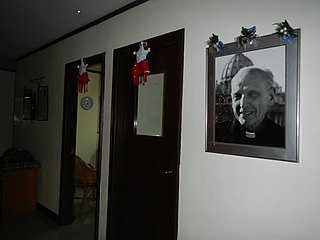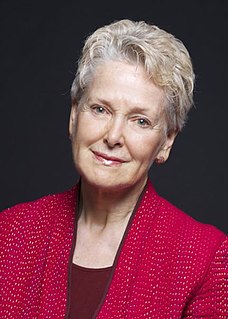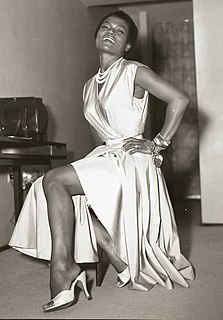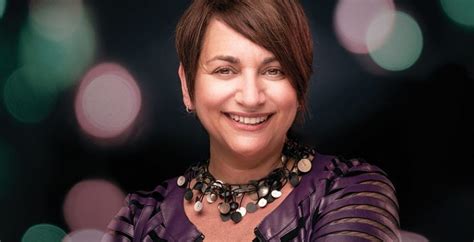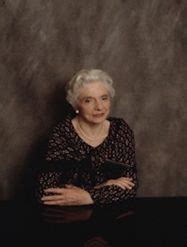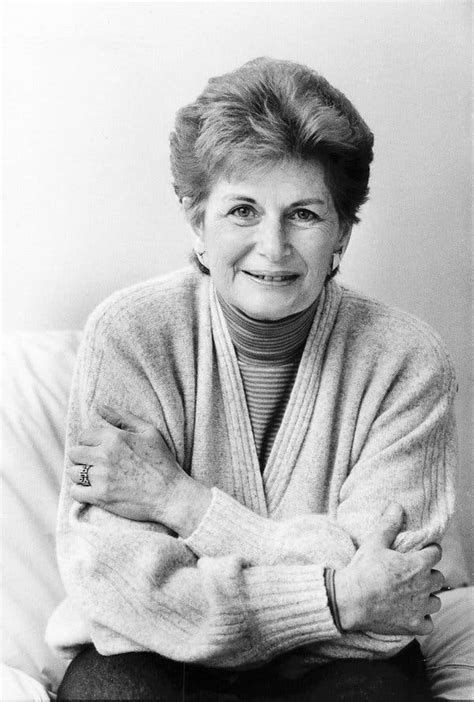A Quote by W. E. B. Du Bois
These are the things of which men think, who live: of their own selves and the dwelling place of their fathers; of their neighbors; of work and service; of rule and reason and women and children; of Beauty and Death and War.
Related Quotes
I don't think that all girls seek the influence of older men, but I think girls whose fathers are absent or recessed from their lives often do. And honestly, when I was growing up, fathers were generally pretty absent from their children's lives. We didn't see a lot of them. That may be something that has genuinely changed for the better in our culture: men are more present for their children now that more women are working.
Today our (Society of Jesus) prime educational objective must be to form men (and women) for others; men (and women) who will live not for themselves but for God and his Christ - for the God-man who lived and died for all the world; men (and women) who cannot even conceive of love of God which does not include love for the least of their neighbors; men (and women) completely convinced that love of God which does not issue in justice for others is a farce.
Women tend to be more interested in reconciliation. A Kenyan woman leader said to me, "You know, in a war, men and women want different things. The men care a lot about territory. And they care where the borders are. And they want this whole state. The women," she said, "they want a safe place." And she put her fingers like this, "They want a safe place for their children to go to school without being shot, for their daughters to not be raped."
In your school you take part in various activities that habituate you not to shut yourselves in on yourselves or in your small world, but to be open to others, especially to the poorest and neediest, to work to improve the world in which we live. Be men and women with others and for others, real champions in the service of others. To be magnanimous with interior liberty and a spirit of service, spiritual formation is necessary. Dear children, dear youths, love Jesus Christ ever more!
The city is always recruited from the country. The men in cities who are the centres of energy, the driving-wheels of trade, politics or practical arts, and the women of beauty and genius, are the children or grandchildren of farmers, and are spending the energies which their fathers' hardy, silent life accumulated in frosty furrows in poverty, necessity and darkness.
The children of America are not rebelling for no reason. They are not hippies for no reason at all. We don’t have what we have on Sunset Blvd. for no reason. They are rebelling against something. There are so many things burning the people of this country, particularly mothers. They feel they are going to raise sons—and I know what it's like, and you have children of your own, Mrs. Johnson—we raise children and send them to war.
What really does work to increase the feeling of having a home and its comforts is housekeeping. Housekeeping creates cleanliness, order, regularity, beauty, the conditions for health and safety, and a good place to do and feel all the things you wish and need to do and feel in your home. Whether you live alone or with a spouse, parents, and ten children, it is your housekeeping that makes your home alive, that turns it into a small society in its own right, a vital place with its own ways and rhythms, the place where you can be more yourself than you can be anywhere else.
Beauty consists of its own passing, just as we reach for it. It’s the ephemeral configuration of things in the moment, when you see both their beauty and their death. ...Does this mean that this is how we must live our lives? Constantly poised between beauty and death, between movement and its disappearance? Maybe that’s what being alive is all about: so we can track down those moments that are dying.
I grew up in a household where there were really, really strong matriarchal characters. I think that's true of many Asian households. People tend to think of Asia as a misogynistic society or a society where men rule. At least in my experience, the women rule the household; the women rule the social scene. The men often become very useless.
Any life he'd ever heard of, his own included, was burdened with emotions - love, loss, jobs, jealousy, money, death, pain. But if you were Jewish, always there was this extra one, the added pull at your endurance, the one more thing. There was that line in Thoreau about 'quiet desperation' - that was indeed true of most men. But for some men and women, for some fathers and mothers and children, the world still contrived that one extra test, endless and unrelenting.
How many people worldwide are victims of this type of slavery, in which the person is at the service of his or her work, while work should offer a service to people so they may have dignity. I ask my brothers and sisters in faith and all men and women of good will for a decisive choice to combat trafficking in persons, which includes "slave labor."
Ideas about mothers have swung historically with the roles of women. When women were needed to work the fields or shops, experts claimed that children didn't need them much. Mothers, who might be too soft and sentimental, could even be bad for children's character development. But when men left home during the Industrial Revolution to work elsewhere, women were "needed" at home. The cult of domesticity and motherhood became a virtue that kept women in their place.
Contrary to all we hear about women and their empty-nest problem, it may be fathers more often than mothers who are pained by thechildren's imminent or actual departure--fathers who want to hold back the clock, to keep the children in the home for just a little longer. Repeatedly women compare their own relief to their husband's distress


